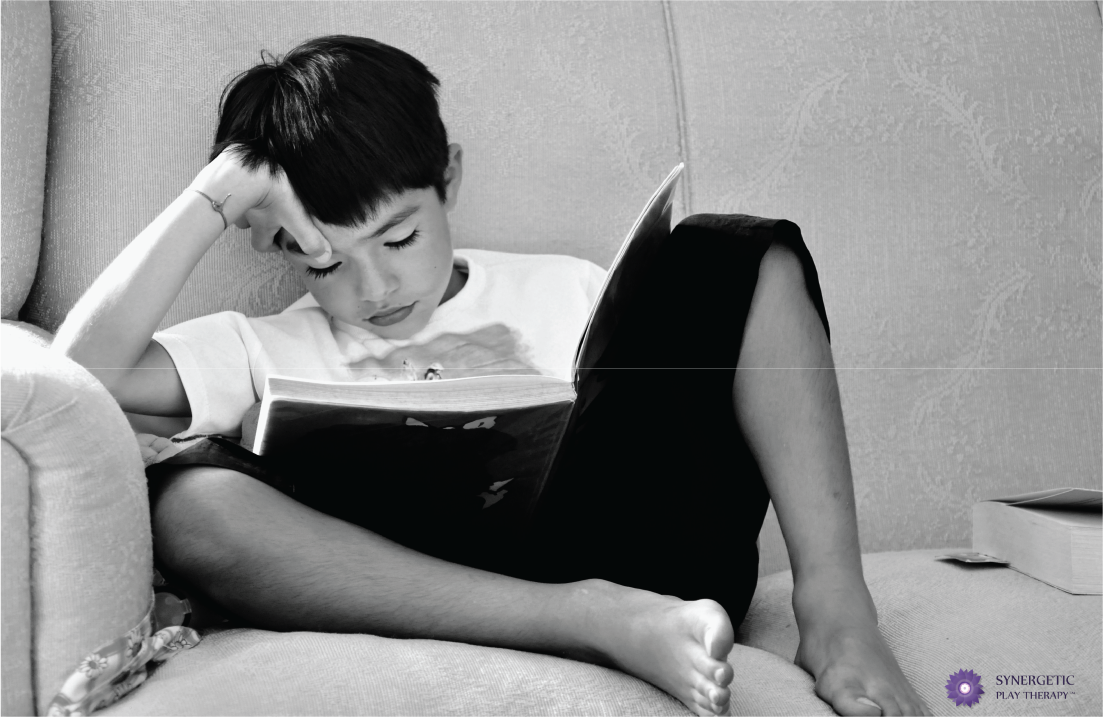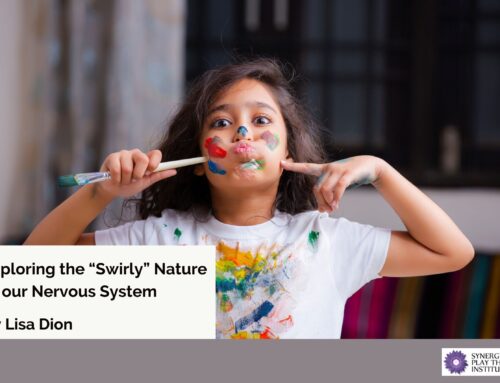The Forgotten Ones: Perfect Children Need Play Therapy Too
by Lisa Dion, LPC, RPT-S
When it comes to play therapy, the acting out, aggressive, non-compliant, anxious child typically gets referred. Even the sad, depressed, withdrawn child finds a way onto an adult’s radar and gets help. But what about “The Perfect Child”? You know – the child who rarely asks for anything, follows all of the rules, doesn’t rock the boat, and in general is… easy. What about this child?
Children are typically brought to us because their struggles are obvious. Parents and teachers see their symptoms. Their behaviors and relational patterns are a clear cry for help. “The Perfect Child,” on the other hand, doesn’t have these outward symptoms or at least not the ones that we are used to identifying. Still, they need as much help as the children who are acting out…maybe even more.
Often these children have learned not to fight. They have learned to shut down their emotions, yet inside they are filled with anxiety and tension (even if they can’t feel it). They are so scared of making a mistake. They are frightened that in some giant way they will fail or disappoint others (and themselves).
So the child forms a strategy and strives for perfection — that leads to them becoming “the forgotten one.” In a classroom full of twenty-five children with a handful of kids acting out, the “perfect child” is seen as a blessing. In a moment of having to choose between dealing with Stephen, who won’t stay in his seat and is distracting everyone, or Sarah, who is quietly doing her work diligently and trying not to mess up, the choice where to put attention seems overtly obvious. Or in a family taken over by four-year-old Henry’s aggression and refusal to listen – it’s easy to see why the parents would think that six-year-old Joey, who spends his time reading in the corner, picking up after himself, and behaving without complaint, is doing really well.
But the truth is that these children may not be thriving – their worlds aren’t perfect, even if the kids try to be perfect. The pressure they carry inside for perfection and compliance can lead to internal conflict between who they are versus who they think they should be. They carry the weight of the world on their shoulders, internalizing their emotions and eventually numbing out or adopting avoidance patterns. They often don’t learn how to handle the intensity that lies under their “perfect image.” The idea of conflict feels beyond painful and the need to succeed or stay below everyone’s radar becomes a high priority. These children often navigate the world through their left-brain – they think their way through life instead of learning how to feel their way through life.
Without support, they’re at risk for addictive behaviors, depression, relationship conflict and a sense of not being good enough that permeates their existence.
Let’s not forget these kids. Let’s find them in the classrooms and in the families we work with. Let’s look them in the eye and help them know that they are seen – they haven’t been forgotten.
Interested in credits and courses delivered to your living room? Take a look at all our classes, available on our learning site.





